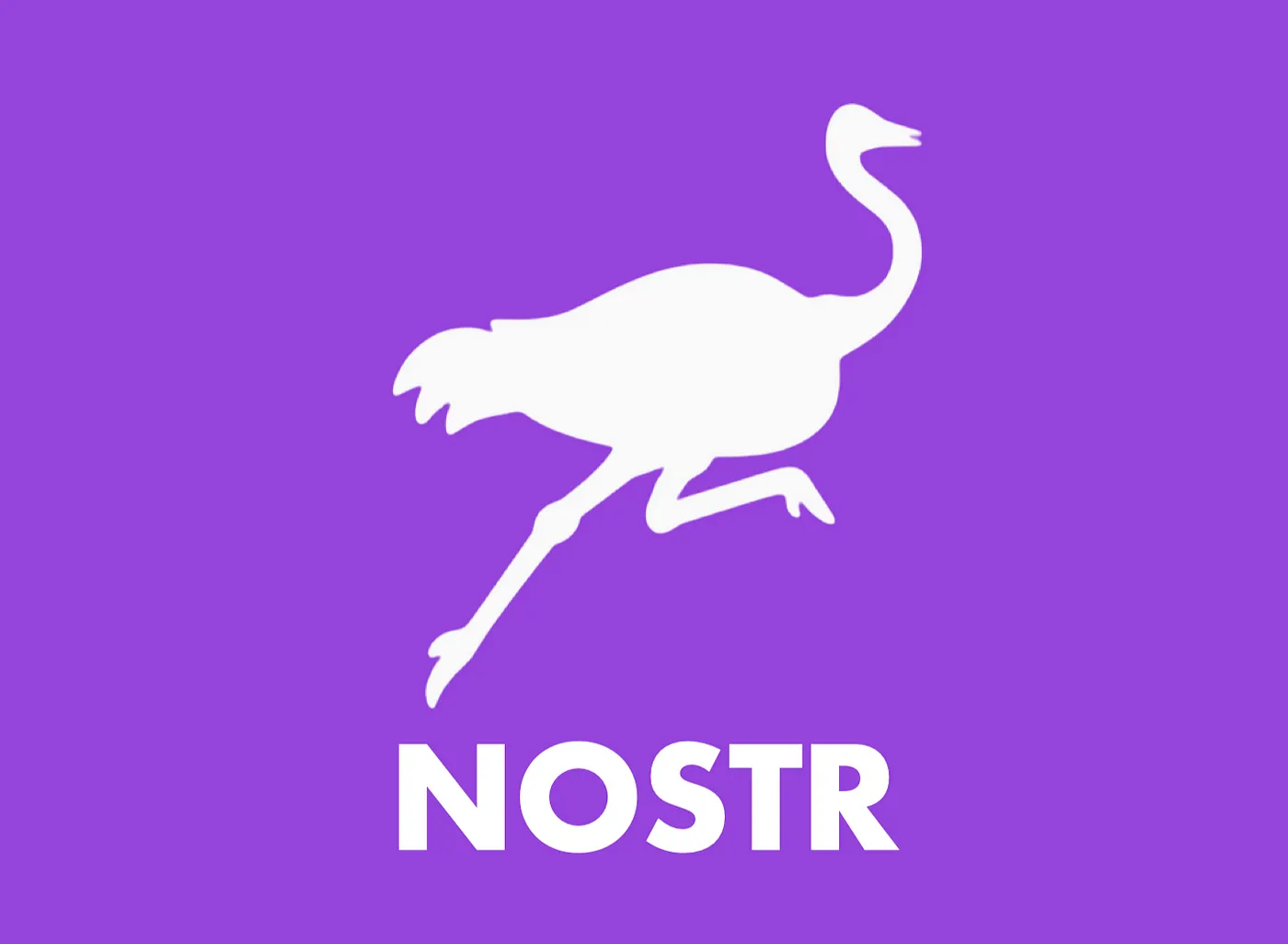Nostr (Notes and Other Stuff Transmitted by Relays) is an open protocol designed to create a censorship-resistant global social network. It achieves this by shifting away from the traditional internet model of "dumb client/smart server" to a "smart client/dumb server" architecture. This means that instead of relying on centralized servers, Nostr uses a network of "relays" to store and distribute data.
Here's a breakdown of key features of Nostr:
Decentralized Network: Nostr doesn't rely on any trusted central server, making it resilient to censorship. Users can publish their notes (content) to multiple relays of their choice, and followers can retrieve these notes by connecting to these relays.
Cryptographic Security: Nostr prioritizes security by using cryptographic keys and signatures for user authentication and content integrity. Every note is signed with the user's private key, allowing clients to verify the authenticity of messages and ensuring tamper-proof communication.
User Control and Data Ownership: Users have complete control over their data and choose which relays to interact with. This allows for more flexibility and customization compared to traditional social media platforms.
Open Protocol and Diverse Ecosystem: Nostr is an open standard, similar to protocols like HTTP or TCP-IP. This enables anyone to build clients, relays, or other applications on top of it, fostering a diverse ecosystem of software.
Simplicity and Ease of Use: Nostr is designed to be simple to understand and implement, with a focus on lightweight JSON data structures and straightforward communication protocols. This makes it easier for developers to contribute to the Nostr ecosystem and for users to get started.
Nostr is gaining traction within cryptocurrency communities, particularly among Bitcoin users. Even Jack Dorsey, co-founder of Twitter, has shown support for Nostr's development through financial contributions. Some use Nostr through clients like Damus, a microblogging app.
While Nostr offers a promising alternative to centralized social media, challenges remain. The decentralized nature of Nostr necessitates new solutions to issues like spam prevention and content discovery. Developers are actively exploring various approaches, including proof-of-work systems, paid relay options, and reputation-based mechanisms like "orange checks" to address these challenges.



